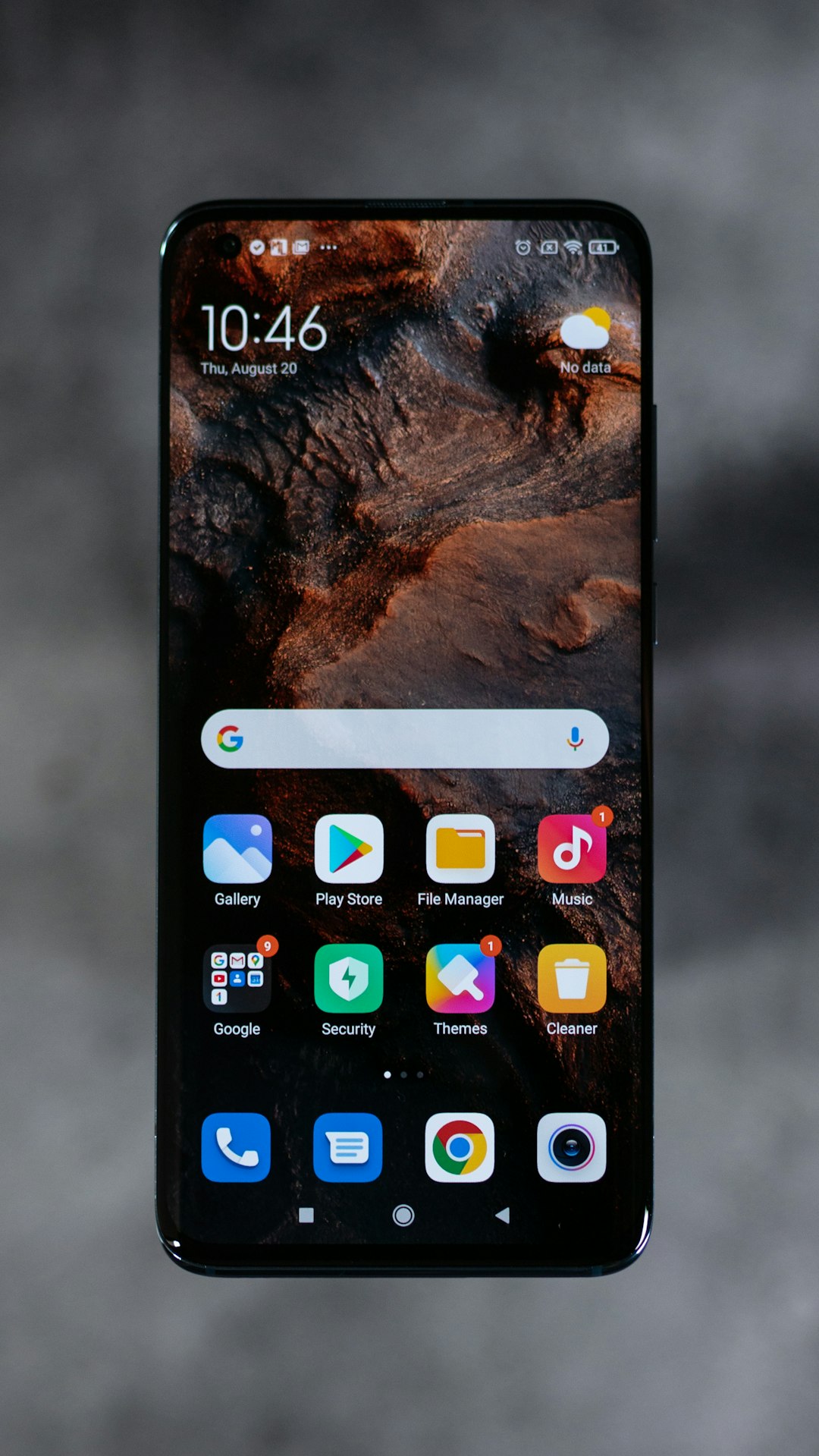Connecticut has strengthened its robocall laws since 2015, empowering residents through better call control and protecting them from fraudulent calls via the National Do Not Call Registry. Businesses must now obtain explicit consent for automated calls, face stricter do-not-call rules, and respect consumer privacy choices to avoid fines and legal issues. Do Not Call Lawyers Connecticut specialize in navigating these regulations, helping companies stay compliant while ensuring residents' rights are protected. Consumers can reduce unwanted calls by registering on the state list, being cautious of call patterns, and reporting suspicious activity.
Since 2015, Connecticut’s robocall laws have undergone significant updates, enhancing protections for consumers while presenting new challenges for businesses. This article delves into the historical context, key changes, and the crucial role of Do Not Call Lawyers in navigating these evolving regulations. We explore practical tips for businesses to stay compliant and effective strategies for consumers to protect themselves from unwanted calls, ensuring a more harmonious communication environment.
Understanding Connecticut's Robocall Laws: A Historical Perspective (Since 2015)

Connecticut’s robocall laws have evolved significantly since 2015, reflecting a growing awareness of the impact automated phone calls can have on consumers. Historically, the state has been proactive in protecting residents from unwanted and fraudulent robocalls, with Do Not Call lawyers Connecticut playing a crucial role in navigating these regulations.
In response to the increasing prevalence of nuisance calls, Connecticut implemented stricter measures, including enhancements to the state’s Do Not Call registry. These updates empower residents by providing them with more control over their phone lines, allowing them to block specific callers and reduce the volume of unsolicited calls they receive. Such developments have been welcomed by consumers seeking relief from persistent robocallers, while also ensuring that legitimate businesses can still connect with customers through approved methods.
Key Changes and Updates: What Does It Mean for Businesses and Consumers?

Since 2015, Connecticut has seen significant updates to its robocall laws, primarily targeting unwanted automated calls, or robocalls. These changes have had a notable impact on both businesses and consumers. For businesses operating in Connecticut, the updated regulations emphasize the importance of obtaining explicit consent before making automated calls. This means that traditional telemarketing practices may require adjustments to comply with the new guidelines, particularly regarding do-not-call requests. Businesses must now implement robust systems to honor consumer preferences and avoid potential legal repercussions.
Consumers benefit from enhanced protections under these updates. They have greater control over their communication preferences, with stricter rules on how businesses can contact them. If a consumer registers with the National Do Not Call Registry or expresses their preference not to receive automated calls, Connecticut’s revised laws mandate that businesses respect these choices. This shift empowers consumers to reduce unwanted robocalls and ensures that their privacy is better protected.
The Role of Do Not Call Lawyers in Navigating These New Regulations

In recent years, Connecticut has implemented updates to its robocall laws, aiming to protect residents from unwanted and deceptive calls. These changes have significantly impacted how businesses and organizations conduct telemarketing activities. One crucial player in navigating this new regulatory landscape is the Do Not Call Lawyer in Connecticut. These legal experts specialize in ensuring compliance with state laws, particularly regarding do-not-call lists and consumer privacy rights.
Do Not Call Lawyers play a vital role in assisting companies to avoid costly fines and legal issues. They help businesses understand and implement proper call practices, including obtaining explicit consent for marketing calls, respecting do-not-call requests, and adhering to strict data protection measures. By enlisting the help of these specialists, organizations can confidently navigate the complex regulations, ensuring their robocall strategies remain compliant and effective.
How to Stay Compliant: Practical Tips for Businesses and Effective Strategies for Consumers

To stay compliant with Connecticut’s robocall laws since 2015, businesses must implement robust do-not-call practices. First, maintain an up-to-date, opt-in contact list, ensuring every number has given explicit consent to receive calls. Regularly review and update this list, removing any numbers that have opted out or are invalid. Second, use automated systems that allow callers to easily register for the do-not-call status, adhering to state regulations.
Consumers can protect themselves by being mindful of their rights. Registering on the Connecticut Do Not Call List is a simple yet effective strategy. Additionally, consumers should scrutinize call patterns—if you receive numerous robocalls, it’s a red flag. Reporting suspicious calls to Do Not Call Lawyers Connecticut can help enforce these regulations and may prevent other residents from being targeted.






